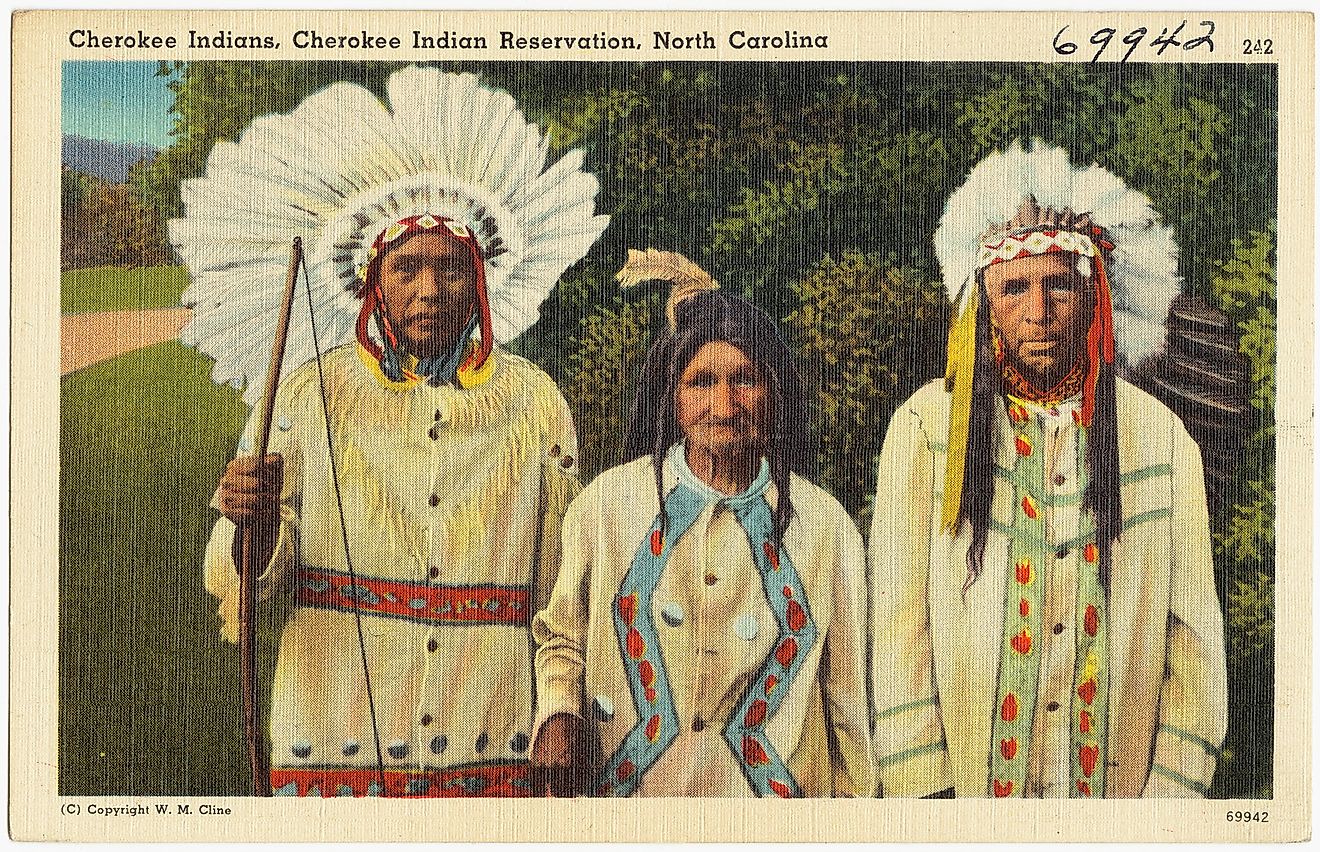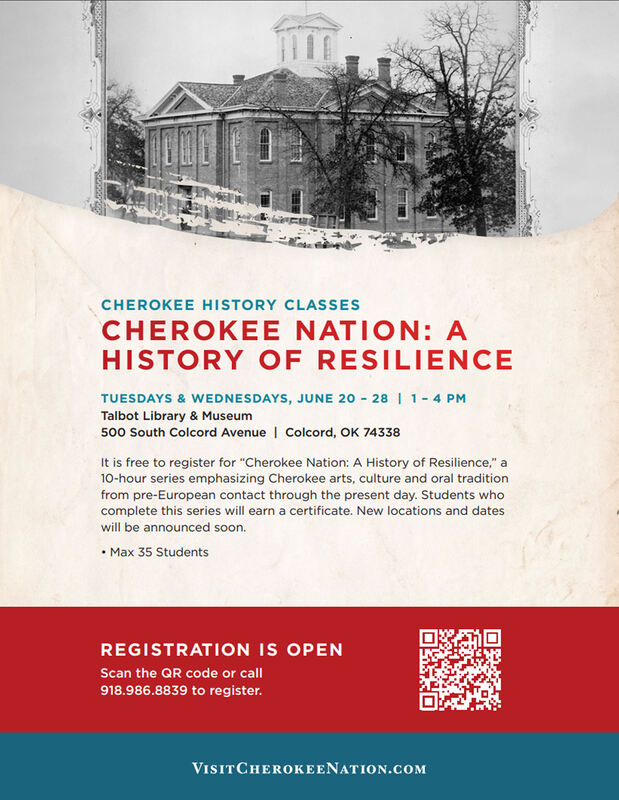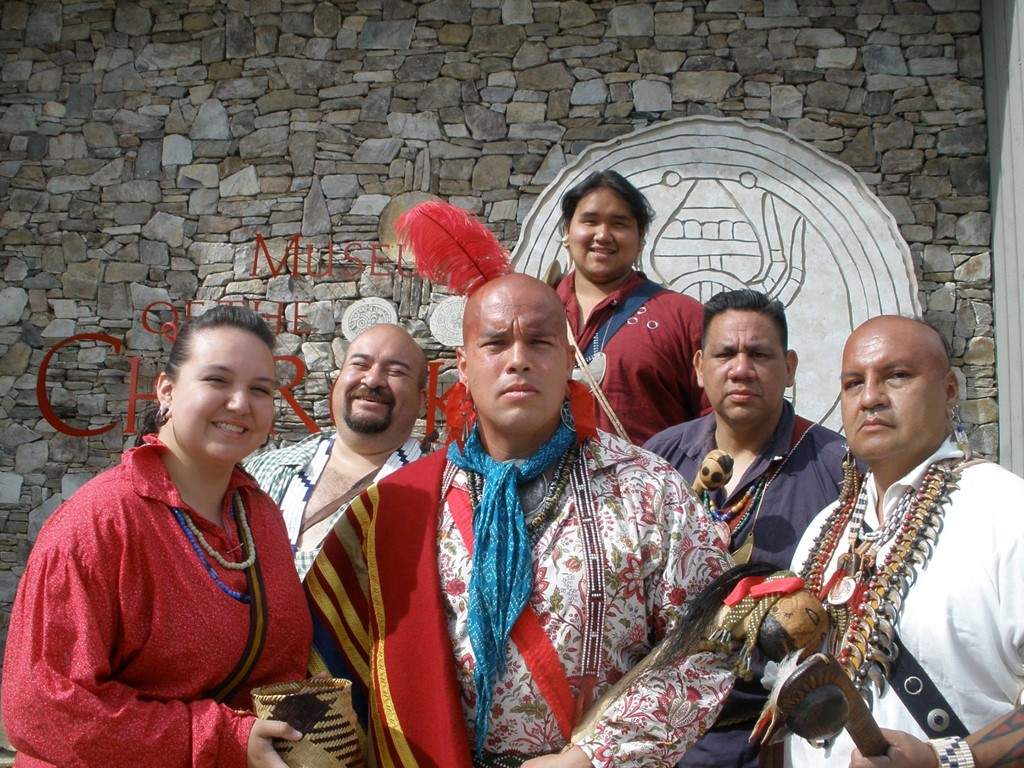The Cherokee: A Legacy of Resilience and Resistance
The Cherokee: A Legacy of Resilience and Resistance

The Cherokee Nation, a proud and ancient people, has a history as rich and complex as the land they call home. From their origins in the Southeastern woodlands to their forced removal to Oklahoma, the Cherokee have endured hardship, demonstrated remarkable resilience, and fought tirelessly to preserve their culture and identity. Their story is one of both tragedy and triumph, a testament to the enduring spirit of a people who refused to be silenced.
A Nation Rooted in Tradition:
Related Articles: The Cherokee: A Legacy of Resilience and Resistance
- Discover the Biggest Indian Reservation in Montana: Unveiling Hidden Gems and Cultural Treasures
- Unlock the Hidden Gems: Unveiling Indian Reservations in New Mexico
- Rolling Through The Rosebud: A Driving Guide To The Lakota Spirit
- Discover the Native Roots of Texas: A Journey into Indigenous Heritage
- Discover the Enchanting Native American Heritage: A Guide to Indian Reservations in Oklahoma
Long before European contact, the Cherokee thrived in the lush valleys and rolling hills of what is now the southeastern United States. They were skilled farmers, artisans, and warriors, and their society was structured around a complex system of clans, chiefs, and councils. Their language, Cherokee, was a unique and sophisticated system of writing, employing a syllabary developed by Sequoyah in the early 19th century. This remarkable achievement allowed the Cherokee to document their history, laws, and traditions, solidifying their cultural identity.
The Impact of European Colonization:
The arrival of European settlers in the 17th century marked a turning point in Cherokee history. At first, relations were relatively peaceful, with trade and alliances forming between the Cherokee and European powers. However, as westward expansion intensified, the Cherokee found themselves caught in a struggle for land and resources. Their traditional hunting grounds were encroached upon, and their way of life was disrupted.
The Trail of Tears: A Story of Betrayal and Loss
The 1830 Indian Removal Act, signed by President Andrew Jackson, proved to be a devastating blow to the Cherokee. Despite their efforts to negotiate and maintain their sovereignty, the Cherokee were forced from their ancestral lands and marched westward on the infamous Trail of Tears. The journey was brutal, marked by disease, starvation, and death. Thousands of Cherokee perished, their forced removal a stark reminder of the injustices inflicted upon Native American peoples.
Resilience and Adaptation: The Cherokee in Oklahoma
Despite the unimaginable hardships they endured, the Cherokee refused to be broken. They rebuilt their lives in Oklahoma, establishing new communities and institutions. They continued to cultivate their language, traditions, and culture, adapting to their new environment while retaining their identity. The Cherokee Nation, through its perseverance and adaptability, demonstrated the strength and resilience of its people.
The Cherokee Nation Today:

The Cherokee Nation is now a thriving sovereign nation with a rich cultural heritage. They are a vibrant community with a strong sense of identity and a commitment to preserving their traditions. The Cherokee Nation operates its own government, courts, and educational institutions, striving to maintain its self-determination and cultural autonomy.
The Cherokee Legacy: A Call for Understanding and Reconciliation
The story of the Cherokee is not just a historical narrative but a powerful reminder of the resilience and strength of Native American peoples. Their history is a call for understanding, reconciliation, and a commitment to honoring the rights and dignity of Indigenous communities. By learning from the past, we can work towards a future where the injustices of the past are acknowledged, and the rights and voices of Native Americans are respected.
FAQ: The Cherokee Nation
Q: What is the Cherokee language called?
A: The Cherokee language is called Tsalagi Gawonihisdi, which translates to "Cherokee Language."
Q: How many Cherokee people are there today?
A: The Cherokee Nation is the largest federally recognized tribe in the United States, with over 390,000 enrolled members.
Q: What are some of the key cultural traditions of the Cherokee people?
A: The Cherokee are known for their intricate beadwork, pottery, basket weaving, and storytelling. They also have a rich tradition of music, dance, and traditional ceremonies.

Q: What is the Cherokee Nation’s capital?
A: The Cherokee Nation’s capital is Tahlequah, Oklahoma.
Q: What are some of the challenges faced by the Cherokee Nation today?
A: The Cherokee Nation continues to face challenges related to economic development, healthcare, education, and environmental protection. They also grapple with the legacy of historical trauma and the ongoing fight for self-determination.
Q: What can I do to support the Cherokee Nation?
A: There are many ways to support the Cherokee Nation. You can learn about their history and culture, visit their museums and cultural centers, and support Cherokee-owned businesses. You can also advocate for policies that support Native American rights and self-determination.
The Cherokee Nation’s story is one of resilience, resistance, and cultural preservation. By understanding their history, we can appreciate their enduring spirit and work towards a future where all Indigenous communities are respected and empowered.

Closure
Thus, we hope this article has provided valuable insights into The Cherokee: A Legacy of Resilience and Resistance. We appreciate your attention to our article. See you in our next article!